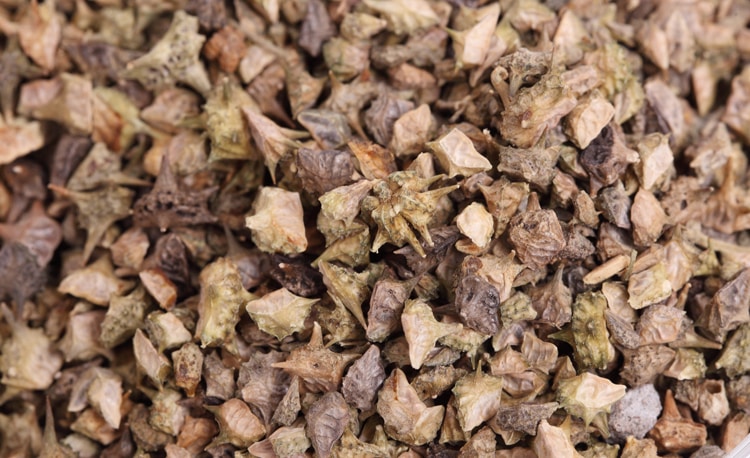Tribulis extract is a spin-covered seed-producing herb. It is believed that Tribulus is also known as a puncture plant because the spines are so heavy that cycling tires can be flattened. People use the seeds, herbs, and roots to treat wide-ranging ailments.
Tribulus is used to treat kidney problems, painful urination, a kidney disorder called Bright’s disease, and as a water pill (diuretic) to enhance urination; skin conditions, including eczema (atopic dermatitis), psoriasis, and scabies; male sexual signs, including erectile dysfunction (ED), involuntary leakage of orgasm-free semen (spermatorrhea); and increases. Before birth, women use Tribulus to tone muscles, cause abortion, and stimulate the flow of milk.
Many may use Tribulus for gonorrhea, HIV, arthritis, joint pain (rheuma), leprosy, fever, vomiting, dizziness (vertigo), chronic fatigue syndrome (CFS), and improvement of physical ability. It is also used to increase the appetite as an astringent, tonic, and mood enhancer.
Early research suggests that 30 days of mouth taking a particular Tribulus product (Tribestan) enhances sperm count, sperm movement, and ejaculate volume in people with infertility due to low sperm count and reduced sperm movement. Other research suggests that taking the same medication by mouth for 1-2 months can improve libido and erections in people who are infertile due to low levels of testosterone (hypogonadism).
Breastfeeding: Taking Tribulus during breastfeeding is POSSIBLY UNSAFE. Tribulus may be detrimental to fetal development in animal research. Not enough is understood about the health of breast-feeding with Tribulus. If you are pregnant or nursing, it is safer not to use Tribulus.
Prostate or prostate cancer problems: Tribulus may worsen prostate conditions such as benign prostate hypertrophy (BPH) or prostate cancer. Research production indicates that Tribulus may increase the weight of the prostate.
Diabetic: Tribulus can decrease levels of blood sugar. Your healthcare physician might need to change the dosage of diabetes medications.
Lithium Interaction Rating: Moderate Talk to your healthcare provider about this combination.
Tribulus may have an influence such as a diuretic or “warm tablet.” Taking Tribulis extract may decrease the amount of lithium that the body gets rid of. This may increase the amount of lithium in the body, leading to severe side effects. If you are taking lithium, speak to your healthcare provider before using this drug. You may need to change your dose of lithium.
Interaction Rating: Medium Be careful with this mix. Speak to your healthcare provider.
Tribulus may lower blood sugar. Medicines for diabetes are also used to reduce blood sugar. Taking Tribulus with medication for diabetes can cause your blood sugar to go too down. Test the sugar in the blood strictly. You might also have to adjust the dose of your diabetes medicine.
Other diabetes drugs include glimepiride (Amaryl), glyburide (DiaBeta, Glynase PresTab, Micronase), insulin, pioglitazone (Actos), rosiglitazone (Avandia), chlorpropamide (Diabinese), glipizide (Glucotrol), tolbutamide (Orinase), etc.
High blood pressure drugs (ACE inhibitors) Interaction Rating: Normal Speak to your healthcare provider with this mix.
It seems that Tribulis extract reduces blood pressure. Taking Tribulus with high blood pressure medicines can cause your blood pressure to go too low.
Many high blood pressure drugs include captopril (Capoten), enalapril (Vasotec), lisinopril (Prinivil, Zestril), ramipril (Altace), etc.
High blood pressure medicine (antihypertensive drugs) Interaction Rating: Medium Be vigilant with this mix.
The correct Tribulis extract dosage depends on several variables, such as age, fitness, and several other circumstances of the patient. There is not enough clinical information at this time to establish a sufficient spectrum of Tribulus doses. Keep in mind that naturally occurring products are not always safe, and dosage may be necessary. Make sure to follow specific drug label instructions and check before using it with your pharmacist, practitioner, or other healthcare professional.








